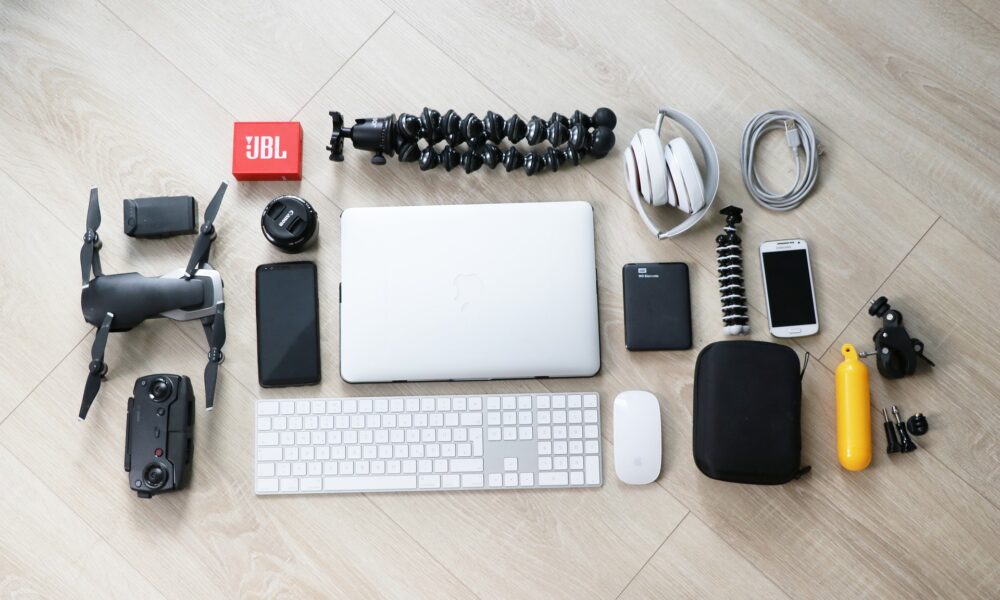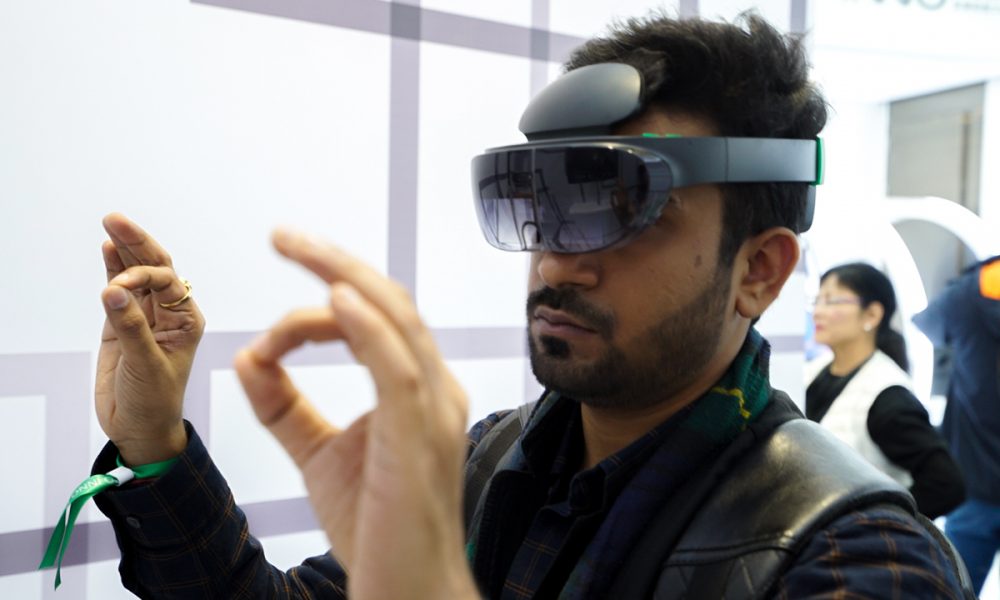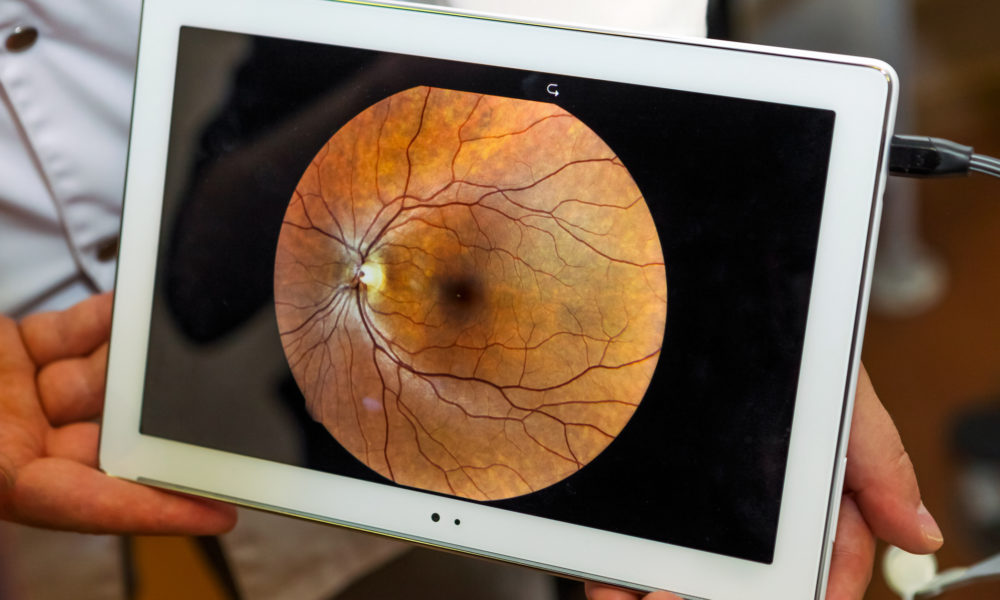The advancements in technology have revolutionized the healthcare industry, and wearable technology has become an integral part of it. Wearable technology refers to electronic devices that are worn on the body, such as smartwatches, fitness trackers, and medical devices. These devices have the ability to collect and transmit data, providing healthcare professionals with valuable insights into patient health and wellness.
Benefits of Wearable Technology in Healthcare

Wearable technology has numerous benefits in healthcare, including:
- Remote Monitoring: Wearable technology allows healthcare professionals to remotely monitor patient health and wellness. Patients can wear devices that track their vital signs, such as heart rate, blood pressure, and oxygen levels, and transmit the data to healthcare professionals in real-time. This enables healthcare professionals to monitor patients’ health status, detect potential health issues, and intervene if necessary.
- Improved Patient Engagement: Wearable technology can improve patient engagement in healthcare. Patients can use wearable devices to track their health and wellness, set goals, and receive notifications and reminders. This can motivate patients to take an active role in their healthcare and make positive lifestyle changes.
- Chronic Disease Management: Wearable technology can help manage chronic diseases such as diabetes, heart disease, and asthma. Patients can use devices that monitor their symptoms, track medication usage, and provide feedback on lifestyle choices. This can help patients manage their conditions more effectively and reduce the risk of complications.
- Cost Savings: Wearable technology can lead to cost savings in healthcare. Remote monitoring can reduce the need for hospital visits and readmissions, resulting in lower healthcare costs. Wearable devices can also improve patient outcomes, reducing the need for costly interventions and procedures.
Examples of Wearable Technology in Healthcare
There are numerous examples of wearable technology in healthcare, including:
- Smartwatches: Smartwatches can track fitness and health metrics such as steps taken, calories burned, and heart rate. Some smartwatches also have features such as electrocardiograms (ECGs) and fall detection, making them useful for monitoring heart health and preventing falls.
- Fitness Trackers: Fitness trackers are wearable devices that track physical activity and provide feedback on exercise intensity, duration, and calories burned. They can also track sleep quality and provide insights into overall health and wellness.
- Medical Devices: Medical devices such as continuous glucose monitors (CGMs), blood pressure monitors, and pulse oximeters are examples of wearable technology that are used for medical purposes. These devices can provide valuable information on patient health and wellness and can help manage chronic diseases.
Challenges of Wearable Technology in Healthcare
Despite the numerous benefits of wearable technology in healthcare, there are also challenges that need to be addressed, including:
- Data Privacy and Security: Wearable technology collects and transmits sensitive patient data, which can be a security risk if not properly protected. Healthcare organizations need to ensure that patient data is secure and protected from cyber threats.
- Patient Adoption: Patient adoption of wearable technology in healthcare can be a challenge. Patients may be hesitant to use wearable devices due to concerns about privacy, cost, and usability. Healthcare organizations need to educate patients on the benefits of wearable technology and address their concerns.
- Interoperability: Wearable technology devices from different manufacturers may not be compatible with each other, leading to interoperability issues. Healthcare organizations need to ensure that wearable devices can communicate with each other and integrate with existing healthcare systems.
Overall, wearable technology has the potential to revolutionize healthcare by providing valuable insights into patient health and wellness. As technology continues to evolve, wearable devices will become even more sophisticated, leading to improved patient outcomes and cost savings in healthcare.




